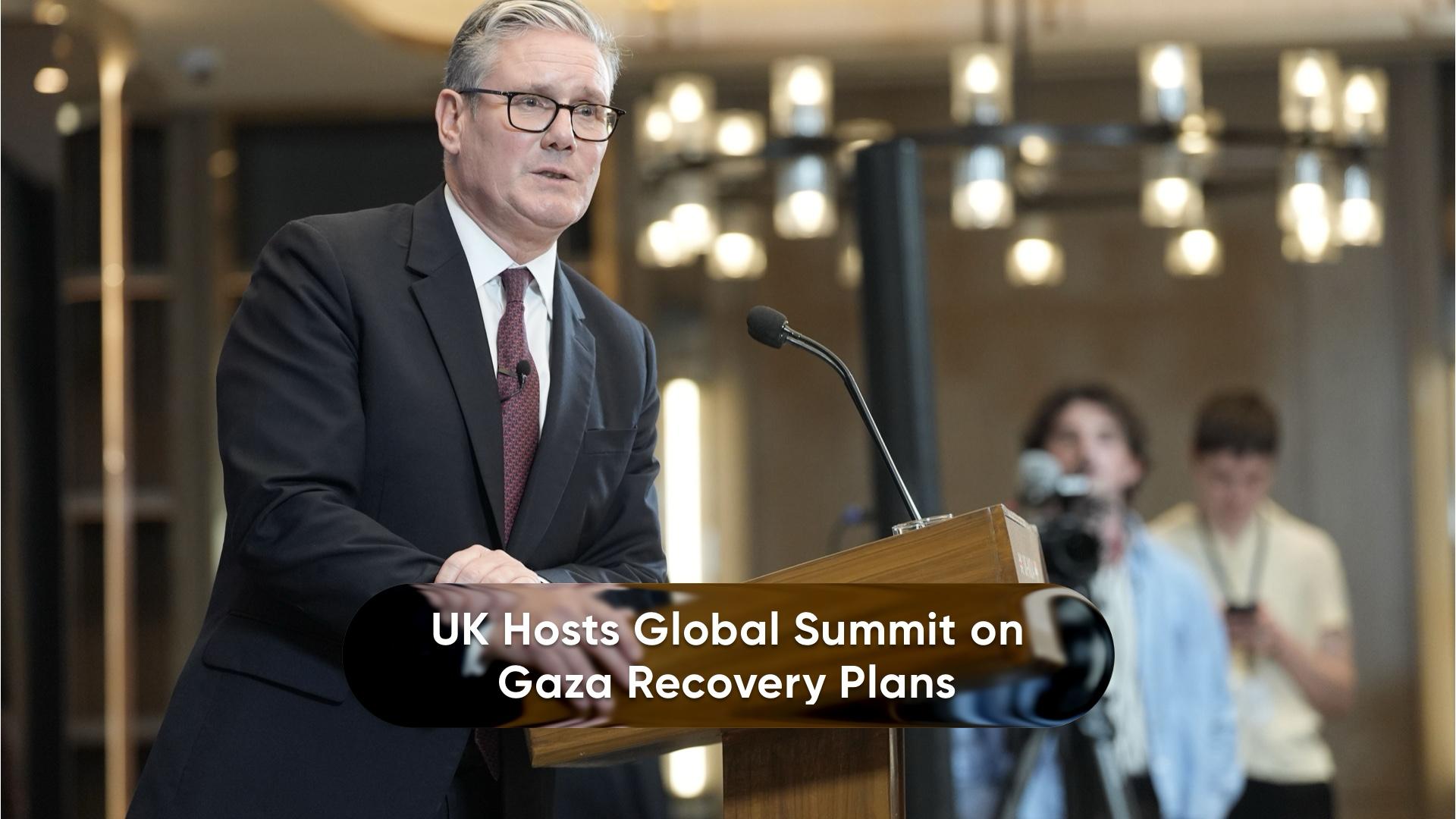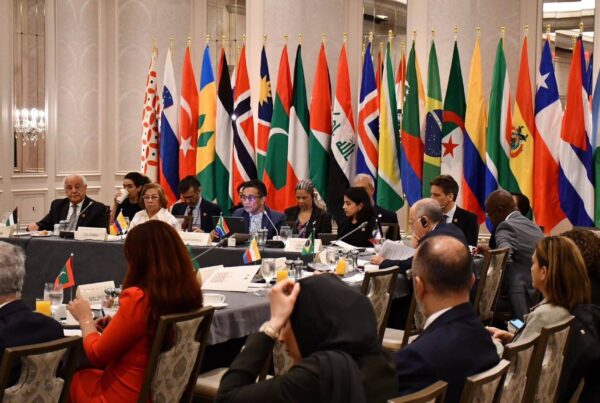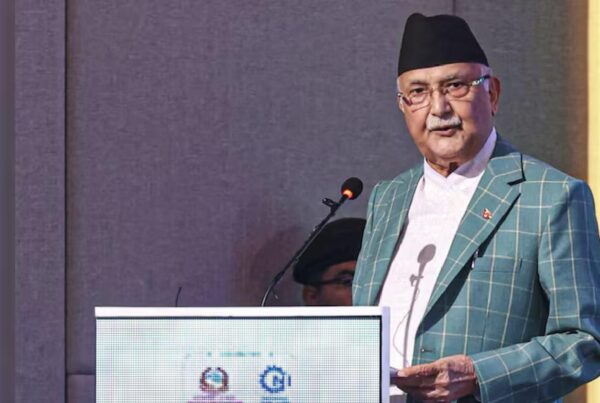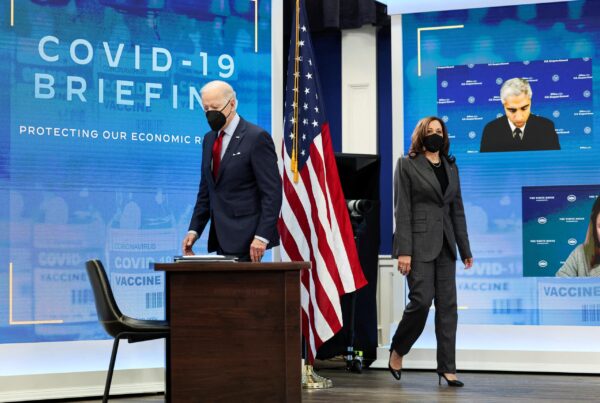The Gaza Recovery initiative is gaining new momentum as the United Kingdom prepares to host an international summit dedicated to rebuilding the war-torn territory. The conference, set to take place in London next month, will bring together world leaders, humanitarian organizations, and financial institutions to discuss a coordinated response to Gaza’s post-conflict reconstruction.
The event marks a significant step in global diplomacy, aiming to align international efforts toward rebuilding critical infrastructure and fostering long-term stability in the region. It underscores the UK’s growing diplomatic role in Middle Eastern recovery processes and humanitarian leadership.
Global Effort to Rebuild Gaza
The upcoming summit will serve as a pivotal platform for governments and aid agencies to coordinate funding mechanisms for Gaza Recovery. British officials confirmed that discussions will focus on rebuilding essential facilities such as hospitals, schools, water systems, and transportation networks that have been severely damaged by the prolonged conflict.
Prime Minister Rishi Sunak emphasized that sustainable reconstruction requires more than physical rebuilding. “It’s about creating the conditions for peace, governance, and economic revival,” he stated in a press briefing ahead of the summit. “The people of Gaza deserve the opportunity to rebuild their lives with dignity and hope.”
Infrastructure and Humanitarian Priorities
Infrastructure will be at the heart of the recovery agenda. According to early reports, the UK is expected to announce a multi-million-pound aid package targeting immediate needs such as electricity restoration, medical facilities, and clean water supply.
The British Foreign Office also confirmed that it is working with the World Bank and the United Nations to design a transparent fund management system ensuring accountability in aid distribution.
In parallel, humanitarian organizations such as Oxfam and Save the Children will present field reports detailing the current living conditions in Gaza and recommendations for effective rehabilitation. These findings will inform the donor nations’ financial commitments and timelines for project execution.
Reform and Governance in Post-Conflict Gaza
Another major focus of the Gaza Recovery summit will be political reform and governance. International partners have raised concerns about ensuring that reconstruction efforts do not reinforce existing corruption or factional divides.
The UK plans to push for a “Reform for Resilience” framework that integrates local governance capacity-building and civil society empowerment into the recovery process.
Foreign Secretary David Lammy is expected to propose a joint task force involving Palestinian administrative bodies, international donors, and regional mediators to oversee governance transparency and anti-corruption mechanisms.
Experts believe this approach could set a precedent for future post-conflict recovery efforts worldwide, particularly in fragile regions where political instability undermines reconstruction progress.
The Role of Regional Partners
While Western nations will play a leading financial role, neighboring Arab states are expected to provide political and logistical support. Egypt, Jordan, and Qatar have all expressed interest in contributing to the Gaza Recovery framework.
Egyptian officials confirmed they would host follow-up talks to coordinate border management and humanitarian corridor access, ensuring smooth delivery of construction materials. Meanwhile, Qatar and the United Arab Emirates are reportedly preparing to invest in housing and healthcare infrastructure, complementing Western financial contributions.
European Union’s Involvement
The European Union, a longstanding advocate for humanitarian assistance in Gaza, will also play a vital role. Brussels plans to co-chair one of the summit’s working groups focused on energy reconstruction, particularly renewable power projects to reduce Gaza’s dependence on imported fuel.
EU High Representative Josep Borrell described the conference as a “critical opportunity to bridge humanitarian relief with sustainable development.”
US and International Financial Institutions
The United States, a key player in Middle East diplomacy, will send a high-level delegation led by Secretary of State Antony Blinken. Washington’s agenda reportedly includes ensuring that reconstruction aligns with broader regional security objectives, including cooperation with Israel and Arab states on stabilization strategies.
Additionally, the World Bank and International Monetary Fund are expected to present financing blueprints for long-term investments in Gaza’s economy. The IMF will particularly focus on fiscal reforms, small business revival, and job creation for the youth population.
Challenges Facing Gaza Recovery
Despite widespread support, experts warn that the Gaza Recovery effort faces daunting challenges. Ongoing political divisions between Palestinian factions, Israeli security restrictions, and donor fatigue threaten to delay implementation.
Security and Access Constraints
Humanitarian convoys still face logistical difficulties entering Gaza due to border restrictions and security checkpoints. Reconstruction materials such as cement, steel, and fuel remain subject to tight monitoring, often causing project delays.
The UK’s Department for International Development (DFID) acknowledged these obstacles and pledged to work through multilateral coordination to ease access barriers without compromising regional security.
Economic and Social Rebuilding
Beyond infrastructure, Gaza’s economy has been crippled by years of blockade and conflict. Unemployment exceeds 45 percent, while nearly 80 percent of the population relies on humanitarian aid.
Economists at the London School of Economics (LSE) estimate that meaningful recovery will require not just rebuilding but reindustrialization—reviving local manufacturing, trade, and technology sectors to provide sustainable livelihoods.
Psychological and Social Healing
Post-conflict recovery also involves addressing the deep psychological scars left by years of violence. Mental health experts emphasize the need for trauma support, especially for children.
International NGOs are expected to introduce community-based rehabilitation programs, combining education, counseling, and cultural engagement as part of holistic recovery.
UK’s Strategic Role and Global Diplomacy
Hosting the Gaza Recovery summit enhances the UK’s reputation as a global diplomatic convenor. Analysts view this move as part of London’s broader post-Brexit foreign policy, emphasizing humanitarian leadership and soft power influence.
The Political Dimension
By leading the summit, the UK signals its intent to balance its strategic alliances with both Western and Middle Eastern partners. Political observers note that this initiative aligns with London’s goal of reinforcing its relevance in global conflict mediation after Brexit.
“The Gaza recovery platform allows the UK to demonstrate constructive engagement on international peacebuilding,” said Professor Michael Clarke of King’s College London.
Economic and Humanitarian Commitment
British companies specializing in engineering, construction, and clean energy are also eyeing potential roles in the reconstruction phase. The UK Export Finance agency has hinted at financial guarantees for British firms participating in infrastructure rebuilding, promoting both humanitarian aid and economic opportunity.
Meanwhile, domestic public opinion remains supportive of humanitarian engagement. Polls conducted by the Guardian found that 68 percent of Britons favor UK-led reconstruction initiatives in Gaza, provided that aid transparency and local empowerment are ensured.
Toward a Sustainable Future
As preparations intensify, hopes are rising that the London summit could mark the beginning of a new chapter for Gaza. For millions of Palestinians displaced or affected by the conflict, the prospect of genuine recovery feels closer than ever.
Yet success will depend on more than pledges. The real test lies in whether international partners can sustain unity and commitment once the headlines fade.
Observers urge all stakeholders to focus on practical cooperation and trust-building to prevent Gaza from slipping back into despair.
The Gaza Recovery conference thus represents not only a humanitarian response but also a moral obligation—a chance to rebuild not just cities, but the spirit of a people striving for peace and dignity.
In the coming weeks, Olam News will provide comprehensive coverage of the summit’s outcomes, including funding pledges, policy declarations, and human impact stories from the ground. Readers are encouraged to follow our ongoing reports on Olam News and explore related analyses on Middle East diplomacy and humanitarian reconstruction.




